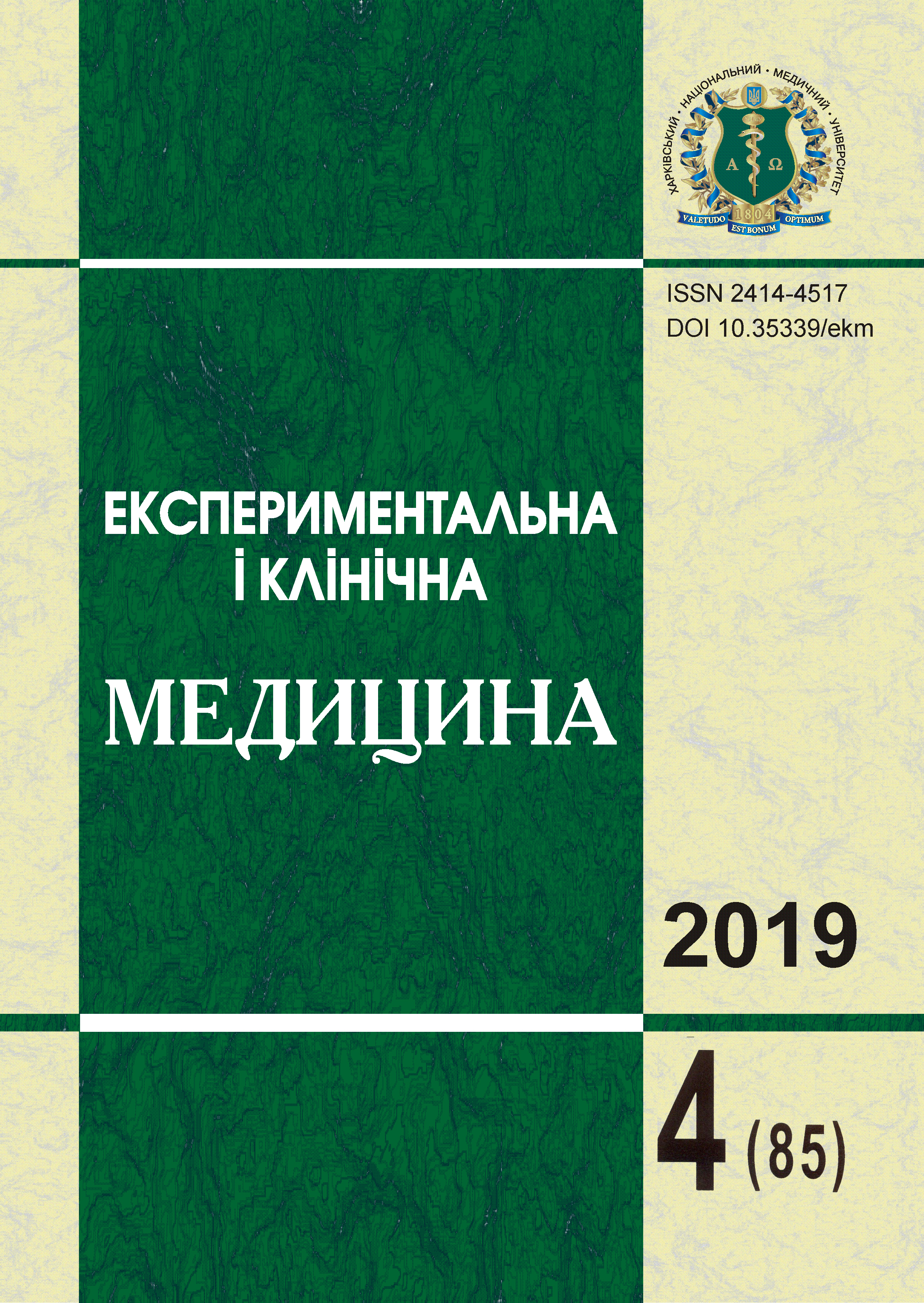Abstract
It is known that sleep disorders adversely affect the processes of brain neuroplasticity. Wakefulness and night sleep are functional states that are closely interrelated and equally mediate and provide the adaptive activity of the individual. Human biological rhythms are hierarchically dependent on the main pacemaker located in the suprachiasmatic nuclei of the hypothalamus. The role of a mediator that delivers regulatory signals to organs is played by the hormone melatonin, which is synthesized by pineal gland cells. Sleep disorders seriously affect a person's quality of life: emotional stress, anxiety, irritation increase and, as a result, stress resistance decreases, the need for communication, entertainment decreases. In the vast majority of cases, insomnia is secondary, that is, it is formed against the background of the development of diseases and/or adverse circumstances. Quite often, sleep disturbances occur in demyelinating/ neurodegenerative diseases of the central nervous system. We examined 30 patients with a diagnosis of multiple sclerosis, which were divided into two groups. The main group received therapy with a melatonin- containing drug in combination with cognitive-behavioral therapy. Patients in the control group received only therapy with melatonin-containing drug. It was shown that cortisol levels in patients of the main group decreased more than in patients who did not receive CBT. Reduction of clinical manifestations, along with improvements in laboratory indices of day and night melatonin expression, as well as cortisol expression, were already observed on the 14th day of treatment, and on the 21st day of the study, these indices improved significantly. Clinical efficacy in the main group was achieved in 86,6 % of cases, in the control group - in 60,0 % of cases. It is planned to use this method in the development of a comprehensive rehabilitation program in patients with neurodegeneration.
References
Pudikov I.V. (2017). Rasstroystva sutochnogo ritma sna - bodrstvovaniya [Disorders of the circadian rhythm of sleep - wakefulness]. Effektivnaya farmakoterapiya. Nevrologiya. Spetsvypusk «Son i yego rasstroystva» - Effective pharmacotherapy. Neurology. Special issue «Sleep and its disorders», vol. 35, pp. 58-66 [in Russian].
Sack R.L., Auckley D., Auger R.R. et al. (2007). Circadian rhythm sleep disorders: part II, advanced sleep phase disorder, delayed sleep phase disorder, free-running disorder, and irregular sleep-wake rhythm.
An American Academy of Sleep Medicine review. Sleep, vol. 30 (11), pp. 1484-1501, DOI: 10.1093/sleep/30.11.1484.
Ponomarev V.I., Vovk V.I., Chernenko M.E., Ponomareva V.V. (2017). Son ta yoho porushennya - problema neyropsykhiatrychna? [Is sleep and its disorders a neuropsychiatric problem?]. Vrachebnoe delo - Medical business, vol. 1, pp. 38-43 [in Ukrainian].
Saxvig I.W., Wilhelmsen-Langeland A., Pallesen S. et al. (2014). A randomized controlled trial with bright light and melatonin for delayed sleep phase disorder: effects on subjective and objective sleep. Chronobiol. Int., vol. 31, issue 1, pp. 172-186, DOI: 10.3109/07420528.2013.823200.
Voloshina N.P., Vasilovsky V.V., Chernenko M.E., Vovk V.I. (2016). Sedafyton Forte v lechenyy narushenyy tsyrkadnykh rytmov [Sedafiton Forte in the treatment of circadian rhythm disorders]. Praktykuyuchyy likar - Practicing Physician, vol. 3 (5), pp. 45-48 [in Russian].
Ferracioli-Oda E., Qawasmi A., Bloch M.H. (2013). Meta-analysis: melatonin for the treatment of primary sleep disorders. PloS One, № 8 (5), e63773, DOI: 10.1371/joumal.pone.0063773.
Kapur V.K., Auckley D.H., Chowdhuri S. et al. (2017). Clinical practice guideline for diagnostic testing for adult obstructive sleep apnea: an American Academy of Sleep Medicine clinical practice guideline. J. Clin. Sleep Med., № 13 (3), pp. 479-504, DOI: 10.5664/jcsm.6506.
Zakharov E.Yu., Afrosina E.Yu., Khivintseva E.V., Antipov O.I. (2016). Kachestvo nochnogo sna u patsiyentov s rasseyannym sklerozom [The quality of night sleep in patients with multiple sclerosis]. Zhurnal nevrologii i psikhiatrii - Journal of Neurology and Psychiatry, № 116 (2), pp. 41-43, DOI: 10.17116/jnevro20161162241-43[in Russian].
Brass S.D., Duquette P., Proulx-Therrien J., Auerbach S. (2010). Sleep disorders in patients with multiple sclerosis. Sleep Med Rev., № 14 (2), pp. 121-129, DOI: 10.1016/j.smrv.2009.07.005.

